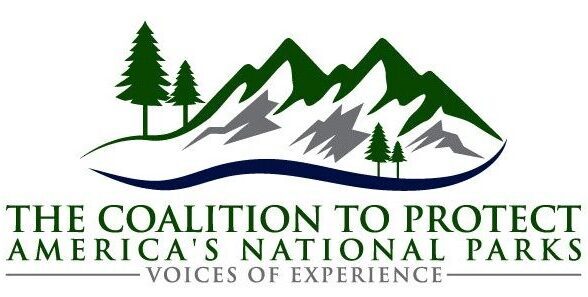
July 29, 2020
UPDATE: 12/21/2020
The Julius Rosenwald & Rosenwald Schools Study Act has passed the Senate! This is a critical step in establishing the first National Historical Park to honor the legacy of a Jewish American and preserve the stories and accomplishments of the Rosenwald Schools.
Julius Rosenwald was born in Springfield, Illinois, in 1862 to German Jewish immigrant parents. He left high school before graduating and moved to New York to learn the clothing trade. After New York came Chicago, where he rose through the Midwest clothing manufacturing industry to become part-owner of Sears, Roebuck and Co. in 1895. Rosenwald helped build the company into a merchandising powerhouse in the early 20th century.
Julius Rosenwald, left, and Booker T. Washington at the Tuskegee Institute in Alabama in 1915. Credit -University of Chicago Library-Ciesla Foundation
In addition to his business acumen, Rosenwald was a dedicated philanthropist. A meeting with Booker T. Washington in 1911, and their continuing relationship, helped to define his philanthropy in the subsequent decades. Rosenwald joined the board of the Tuskegee Institute and followed Washington’s advice by helping to fund a pilot program to build six schools for Black Americans in rural Alabama. This initial investment led to the construction of over 5,300 Rosenwald Schools and related buildings in 15 southern states funded jointly by Rosenwald, local communities, and local governments. By 1932, these schools were responsible for educating roughly one-third of Black children in the South. Notable alumni include the late Representative John Lewis and poet Maya Angelou, as well as journalist Eugene Robinson.
In 1917, Rosenwald established the Julius Rosenwald Fund, which provided fellowships to nearly 900 highly promising people, two-thirds of whom were African American, often at the start of their careers. They included Marian Anderson, Ralph Bunche, W.E.B. DuBois, Langston Hughes, Charles Drew, Jacob Lawrence, James Baldwin and Woody Guthrie.
Mt. Zion Rosenwald School, South Carolina. Courtesy National Trust for Historic Preservation
Julius Rosenwald invested in people. He wanted to offer them better opportunities to contribute to American life and society. Whether it was through the Rosenwald Schools that provided elementary education to Black Americans in the South, through Rosenwald Fund fellowships to individuals of promise, or through support to working women and Jewish organizations, those investments are still paying dividends.
It is especially important to preserve and share Rosenwald’s story now, in this time of economic hardship and societal division. One of the best ways to memorialize and celebrate his legacy is through the creation of a national historical park. Notably, this park would not only commemorate the struggles and successes of Black Americans growing up in the South, it would be the first unit of the National Park System to honor a Jewish American.
The Julius Rosenwald and Rosenwald Schools Study Act of 2019 was introduced on June 13, 2019, by Congressman Danny Davis (H.R. 3250) and Senator Richard Durbin (S. 1863). This Act directs the National Park Service (NPS) to perform a special resource study of the sites associated with the life and legacy of Julius Rosenwald, especially the Rosenwald Schools (of which approximately 500 school buildings still exist today).
The study would specifically look at the suitability and feasibility of sites for inclusion in a Park consisting of a visitor center in Chicago and a small but representative sample of Rosenwald Schools to be selected by the NPS from among the 55 schools and one teacher home nominated to the Rosenwald Park Campaign by the State Historic Preservation Officers in 14 states.
The bills have bipartisan support in both the House and Senate. Currently, there are 43 cosponsors of H.R. 3250 and nine of S. 1863, representing 19 States and the District of Columbia. Twenty-four non-profit organizations, including the Coalition to Protect America’s National Parks, support the legislation.
We Need Your Help
We urge you to write your members of Congress in support of this legislation. Please reach out and encourage your Senators to push for a hearing on a markup of S. 1863.
You can also support the Julius Rosenwald & Rosenwald Schools National Historical Park Campaign by making a donation and joining their mailing list. Your support and advocacy for the establishment of a National Historical Park will commemorate a key legacy of philanthropy and highlight the importance of the Rosenwald Schools to generations of Americans.
